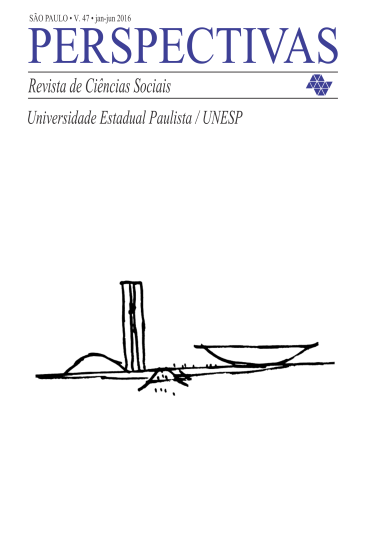Why is institution building difficult?
Keywords:
Institutions, Exploration, Exploitation, Self-destructive processes, Cycles of Failure, Focal Points, Growing Income, Bricolage,Abstract
Why is institution building difficult? Why it often turns out to be self-destructive? And how does it take place in spite of its difficulties? Extending an analytical framework developed by James March (1991), this paper tries to tackle these questions by examining the dilemma between the exploration of alternative institutional arrangements and the exploitation of current ones. Institution building is viewed as a problem of adaptive intelligence and learning in the intertemporal allocation of resources. Some basic self-destructive processes and failure cycles associated with the exploration/exploitation dilemma are identified and discussed; implications are drawn for four distinct domains: competency and resource endowments, self-interest, identity, and trust. In the second part of the paper three basic modes of institution building are illustrated: focal points, increasing returns, and “bricolage”. These are shown to be modest but viable mechanisms for countervailing self-destructive dynamics and for building institutions.Downloads
Published
19/12/2017
Issue
Section
Dossiê: Instituições políticas e democracia - dilemas e possibilidades

